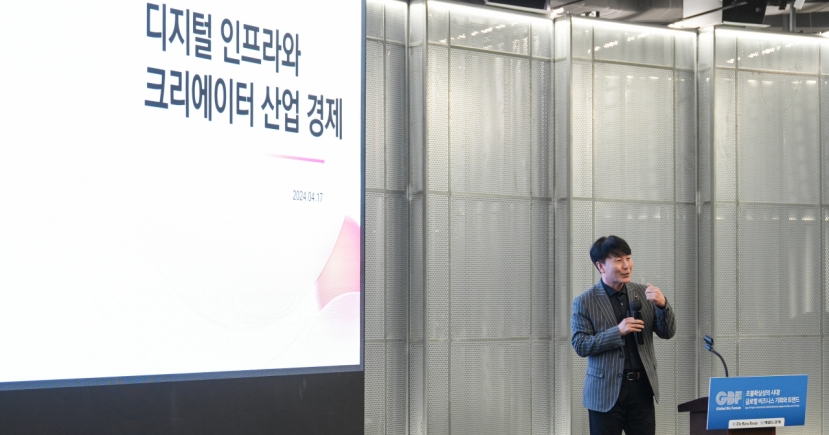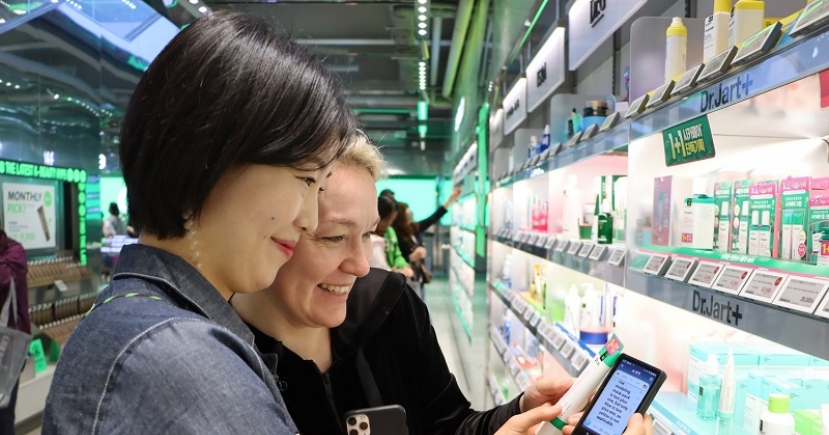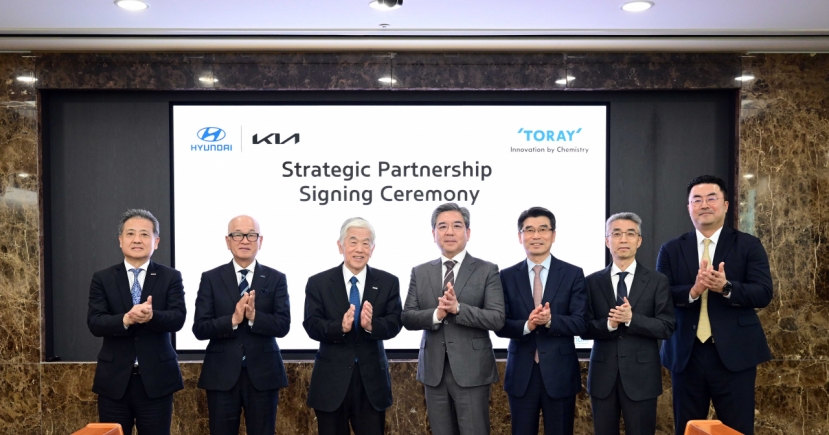Market Now
Surge in embezzlement fuels calls for tougher oversight
 |
The logo of Amorepacific. (Amorepacific) |
A recent report that three employees had stolen 3 billion won ($2.3 million) from South Korea’s biggest cosmetics maker Amorepacific in the wake of other huge embezzlements at the country’s major banks is fueling calls for tougher oversight.
The employees at the cosmetics maker had allegedly used the money to buy stocks, cryptocurrencies and gamble by falsifying company documents such as tax records, a local report said Tuesday. Amorepacific said the employees were facing disciplinary proceedings, without elaborating on details.
“Most of the money stolen was retrieved. Efforts are being made to discourage our employees from engaging in such activities in the future,” the company said, adding that the theft was not made public until now because the amount stolen fell short of the legal minimum forcing a public disclosure.
By law, companies have to report any theft involving at least five percent of their equity capital. The 3 billion won stolen is less than 0.1 percent of the 4.8 trillion won that Amorepacific reported as total equity at the end of the first quarter.
But investors are demanding public companies do more to toughen internal oversight, referring to the recent theft of 61 billion won at Woori Bank, one of the five major banks here by asset.
And employee theft is just as common at the other four banks -- Hana Bank, NongHyup Bank, Shinhan Bank and KB Kookmin Bank -- according to Rep. Yun Chang-hyun of the ruling People Power Party, referring to data compiled by financial authorities and banks.
Hana and NongHyup reported 22 fraud cases involving embezzlement, respectively, between 2016 and 2021, the highest among the five banking giants. The total amount stolen in the period was 8.2 billion for Hana and 2.9 billion for NongHyup.
Lee Sang-ho, a research fellow at the Korea Capital Market Institute, said authorities should toughen internal oversight by expanding a tipster program where whistleblowers are compensated more generously for information that helps reveal wrongdoing.
“If whistleblowers get more than a billion won in compensation for tip-offs authorities find key to prosecution, we could see less embezzlement and other fraud,” Lee said, referring to the highest bounty currently given to tipsters.
Lee noted that whistleblowers would be much more enticed if they were to be given a sizable share of fines companies found guilty of wrongdoing have to pay, saying a billion won would never be a reasonable return for tipsters who usually face the risk of company retaliation.
Lee added that the government in the meantime should encourage small companies to pursue tougher internal checks by promising to hold them less accountable than they should be when wrongdoing takes place because of loopholes in oversight.
“It would be harder for small companies to maintain the level of oversight big companies do, so they should be given a guarantee that if they have done their best in putting up the system, they will not be punished as hard as their larger peers when the system crashes,” Lee said.
By Choi Si-young (siyoungchoi@heraldcorp.com)








